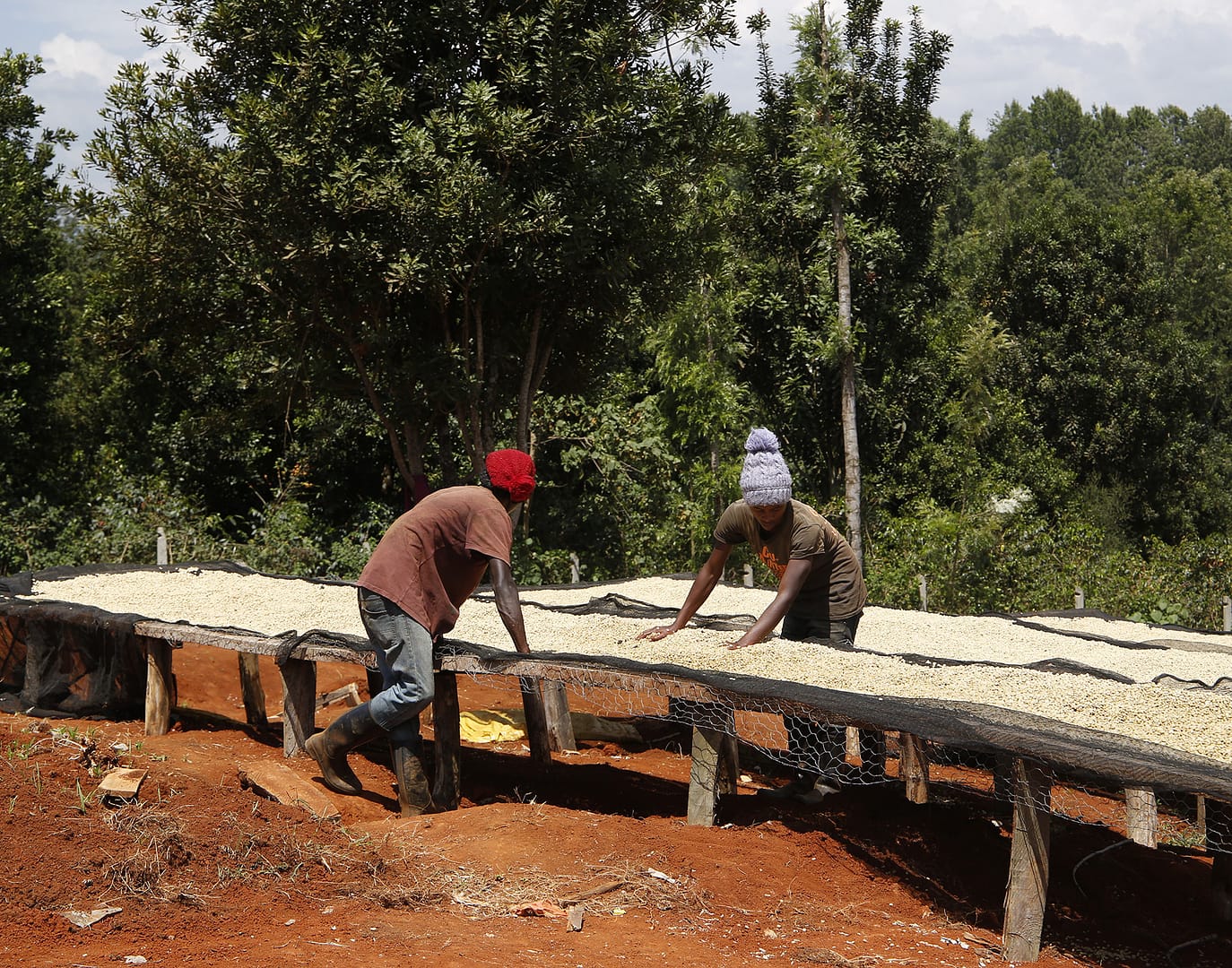One of the privileges that comes from publishing a daily coffee news and culture publication like Sprudge is our ability to provide coverage continuity. A particularly prescient example of this came across our desks last week. For the last three years, we’ve reported on legislation that’s made its way through the European Union focused on limiting deforestation in Africa, with a troubling set of after-effects on the livelihoods of African coffee producers. This is a serious, complex set of issues, and our original reporting (from 2021) wondered if this might not lead to a ban on coffee importation altogether in the EU. In late 2022 a version of the laws was passed, and throughout 2023 major pushbacks occurred from the European Coffee Federation, Lavazza, and other European coffee leaders. (The Specialty Coffee Association has not commented publicly.)
Serious negative impacts of the new laws emerged by late 2023, leading to fears that some coffees would have to be destroyed at Europe’s largest green coffee warehouse. But so much of this reporting—ours, and from large mainstream publications like the Financial Times, who have reported extensively on this story—focused on a European perspective. What about the coffee producers? How were they adapting—and was adaptation even possible?
In a new feature for Sprudge Special Projects, Nairobi-based journalist Anthony Langat spoke with coffee producers in the Oromia region of Ethiopia. Many of these producers are members of the Limu Inara Multipurpose Cooperative Society and the Oromia Coffee Farmers’ Cooperative Union. Langat’s reporting is revealing, and in its own way, surprisingly optimistic. While it’s true that the EU’s laws represent a threat to coffee producers in Africa, this is a resilient and resourceful group of people. Rather than accepting the existential threat of these new laws, “Ethiopian smallholder coffee farmers are betting on technology including blockchain, geospatial AI, GPS, and satellite imagery to comply in order not to lose out on the European Union market,” reports Langat.
In Ethiopia, New EU Regulations Require Ingenuity—And Technology—To Protect Coffee’s Future
Read “In Ethiopia, New EU Regulations Require Ingenuity—And Technology—To Protect Coffee’s Future” by Anthony Langat now on Sprudge Special Projects
In-depth, multi-level international reporting like this story has become a trademark of how we publish at Sprudge Special Projects, a hub for long-form original journalism and select archival features on Sprudge. This platform, with its special visual presentation and focus on long-form, allows us to go deeper on the stories that impact all of us who care about coffee, at every step of the chain.
Special Projects Desk is supported by La Marzocco, handcrafting espresso machines in Florence, Italy since 1927. Their mission is to support the growth of specialty coffee; they believe that increasing knowledge and understanding is the best way to develop a thriving future for the coffee industry.
Sprudge is actively seeking pitches for long-form coffee writing—from both established and emerging journalists—without language or experience prerequisites. For more information, contact us.
Explore the complete archives of Sprudge Special Projects here.
<?php echo adrotate_group(54); ??><?php echo adrotate_ad(589); ??><?php echo adrotate_group(56); ??><?php echo adrotate_ad(589); ??><?php echo adrotate_group(69); ??><?php echo adrotate_ad(589); ??><?php echo adrotate_group(38); ??><?php echo adrotate_ad(589); ??><?php echo adrotate_group(51); ??><?php echo adrotate_ad(589); ??>
Jordan Michelman
May 29, 2024


